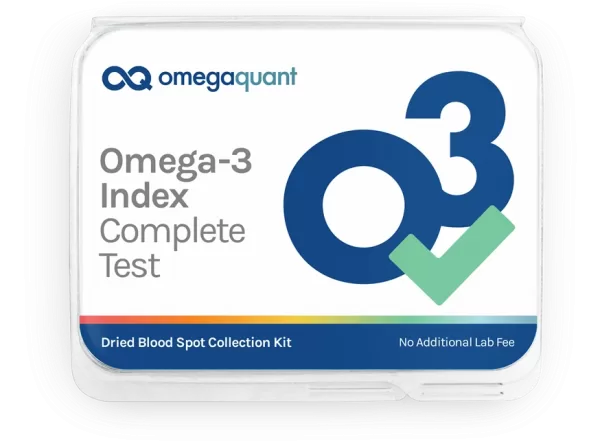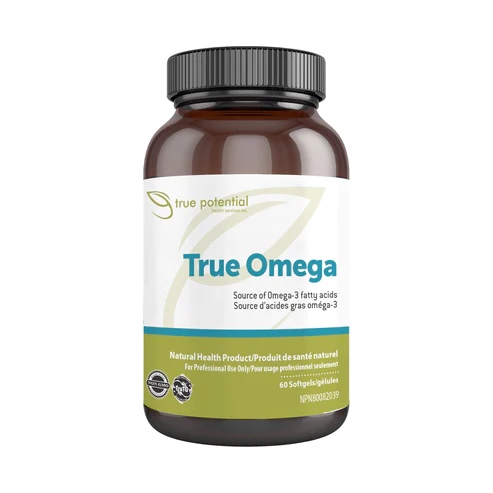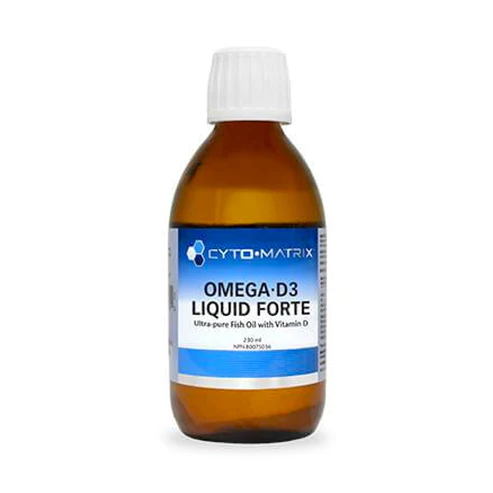Do men go through menopause?
Well, yes, kind of!
However, unlike menopause for women, not all men go through “male menopause” (called andropause).
The primary cause for andropause is a drop in the hormone testosterone. This drop begins in their 40’s and drops at a slow rate of 1% per year and can drop dramatically after the age of 50.
Testosterone is the hormone that’s responsible for so many things, including:
- Sex drive
- Mental focus
- Mental optimism
- Motivation
- Muscle mass
- Stress management
Some men experience a more dramatic decline in testosterone than other men, and the effects aren’t as apparent as they are for women. Therefore, andropause is so much more obscure than menopause, and oftentimes confusing to the men going through this.
Men who are obese or who have diabetes or who have been taking certain pharmaceutical drugs over a long period of time may experience a greater loss of testosterone as they get older. High blood pressure and heart disease are two more risk factors for more severe andropause than your average male.
What can be done to support the man going through this?
Well, the number one recommendation is blood work to determine if your testosterone and other hormones (such as thyroid) are low. The next step would be to start taking testosterone as hormone replacement. However, not all men are good or ideal candidates for testosterone replacement (as this can have detrimental effects on the prostate gland). Next, we always focus on those lifestyle factors that offset the risk of losing testosterone at a high rate such as:
1.Dietary Changes
- An anti-inflammatory way of eating that supplies adequate healthy protein to maintain muscle mass and bone density.
- Cruciferous vegetables – Vegetables like broccoli, cauliflower, cabbage, Brussels sprouts, and kale are rich in fibre, antioxidants, and zinc, which can help reduce excess estrogen, thus increasing the effectiveness of testosterone.
- Healthy nutritional oils and vitamin E – Extra virgin olive oil, avocado, and nuts in general, are rich in vitamin E and contain unsaturated fats that are beneficial for testosterone production. Regular consumption increases testosterone levels.
2. Supplements:
- Zinc – One of the basic functions of zinc is the proper functioning of the reproductive organ and the balance of certain hormones, like testosterone. The inclusion of meats, oysters, seafood, legumes, chicken liver, tubers, nuts, and dark chocolate in our diet is important to remedy this deficiency.
- Omega 3– These fatty acids help regulate and maintain heart function, Interesting sources of this nutrient are blue fish, such as salmon, sardines, tuna, liver, and fish oils, as well as plant-based foods such as nuts and seeds.
- Vitamin D – Vitamin D has been shown to increase testosterone production. This vitamin is directly involved in the regulation of male androgenic metabolism. Fatty fish, meats, mushrooms, fish liver oils, milk, eggs, and butter are rich in this vitamin. Best source is from the sun shining on your skin for 20 minutes each day at noon without sunscreen!
- Antioxidant Vitamins – It’s important to consume a greater quantity of foods that are colourful and rich in antioxidants, as they help prevent damage from oxidative stress, as well as the inflammation generated by cortisol, the stress hormone. Think colourful and low in sugar fruits and vegetables – red berries, grapes, carrots, peppers, tomato, tea, and pure cocoa
3. Exercise:
For men who are overweight, committing to a regular exercise routine is the most effective way to boost testosterone.
- Aerobic exercise is necessary for the production of those feel-good hormones which need a boost in men experiencing andropause.
- Strength training will increase blood flow to the heart and build the muscle mass.
I hope you all have a better grasp on what’s known as male menopause. It’s a tricky subject to navigate, but with a little support and some healthy lifestyle changes, the ill-effects of low testosterone can be managed in a healthy way!
Written by: Dr. Jacqui Fleury, ND



